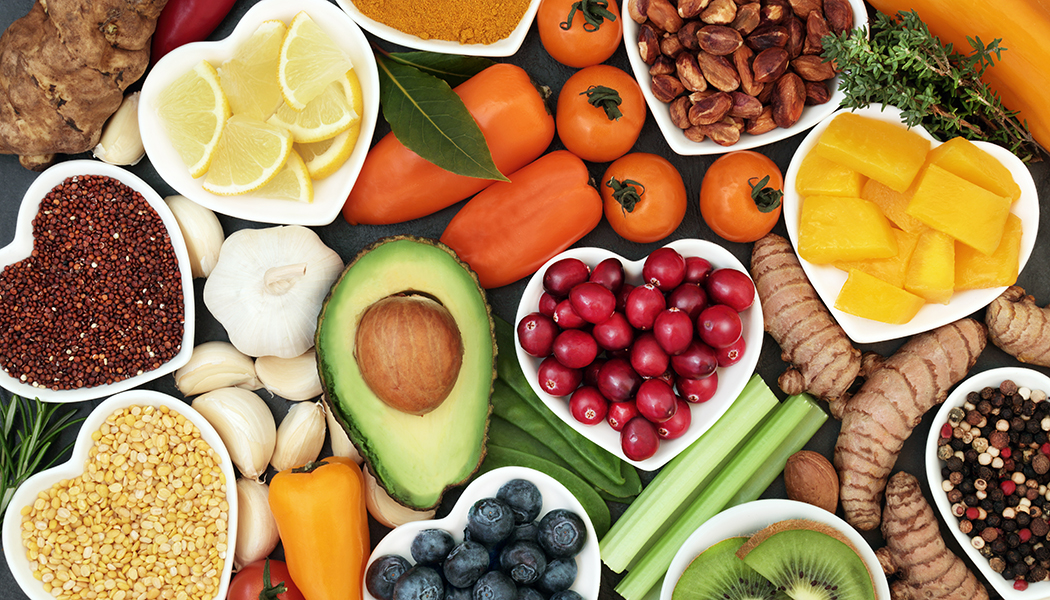10 Ways Your Diet Can Reduce Your Cancer Risk

March is deemed National Nutrition Month – a month dedicated to focusing on the importance of making informed food choices and developing sound eating and physical activity habits. A healthy diet can impact many areas of health. A poor diet can increase the risk of the six most common types of cancer worldwide. Getting healthy can often sound overwhelming. There are many different sources telling many different stories about what a healthy diet and lifestyle look like. While there are many ways to achieve a balanced diet, getting started can be easy. To celebrate National Nutrition Month, NFCR encourages readers to follow these 10 simple guidelines to get healthy and reduce the risk of cancer.
Stop – or don’t start – smoking
Smoking might not seem like part of one’s diet, but it remains a huge risk factor for lung cancer, which is the most common cancer worldwide. People who quit smoking, regardless of their age, live longer than those who continue to smoke.
Find a healthy body weight
Obesity is a huge risk factor for several types of cancer. Gall bladder, kidney, stomach, breast, and colon cancer are all associated with obesity. Eating a balanced diet and keeping active plays an important role in cancer prevention.
Eat the rainbow
Moderation is an important aspect of diet, but so is variety. Eating fruits and vegetables of different categories can help balance the nutrients and vitamins in the body. Certain foods contain compounds that have been found to have anticancer properties. Broccoli, for example, contains sulforaphane which may reduce breast cancer cells by up to 75%.
Get the servings right
It is common to overlook the suggested serving size of most foods. While having a slightly larger serving of starches is acceptable now and again, most Americans are rarely consuming the recommended amount of fruits and vegetables. Eating at least five to nine servings of fruits and vegetables can easily aid in a healthier diet and lifestyle.
Fiber, fiber, fiber!
High-fiber diets are associated with a reduced risk of colon cancer. Whole grain cereals, legumes, and vegetables are all high fiber elements to add to one’s diet.
Reduce fat intake
Fat is necessary to one’s diet. However, Americans are typically consuming significantly too much fat. An adult’s diet should only consist of 25 to 30 grams of fat each day.
Cut back on alcohol
Alcohol is associated with an increased risk of multiple cancers. Additionally, most alcohol is high in calories and sugars which contribute to an unhealthy diet.
Limit the consumption of salt
Salt is a normal part of a diet, but there is a fine line between an acceptable amount of salt and too much salt. Having a salt-heavy diet may increase one’s risk of stomach and esophageal cancer.
Take vitamin D supplements
It is important to meet the quota for all vitamins and nutrients. Low levels of vitamin D, however, have been associated with an increased risk of breast, colon, and pancreatic cancer.
Develop an exercise routine
A healthy diet is important, but it needs to be coupled with an exercise regime. People who exercise two to three times a week are typically healthier and have a lower risk of developing several types of cancer than those who do not exercise regularly.
Having a healthy and balanced diet can be one of the most effective and easiest cancer-fighting habits. For more tips on how to keep a balanced diet, as well as other cancer-fighting lifestyle tips, visit our website.











